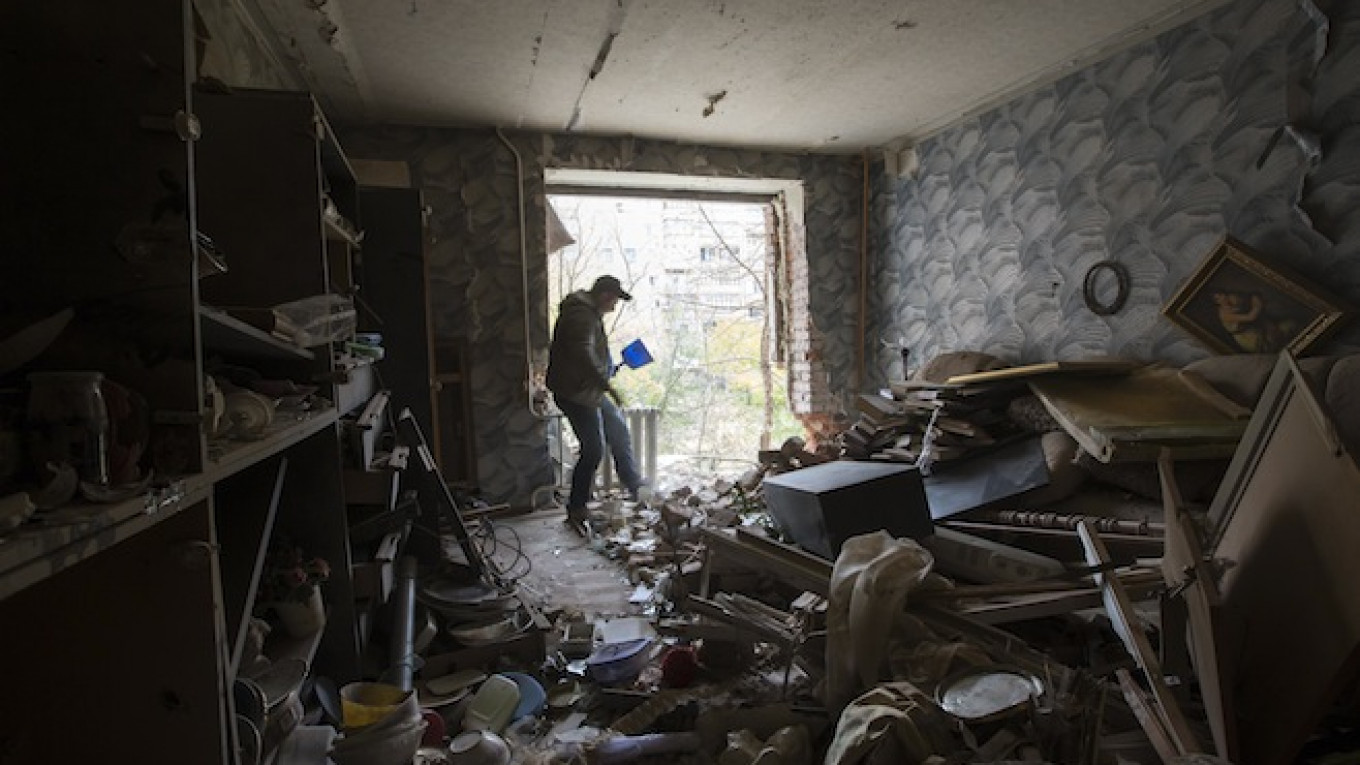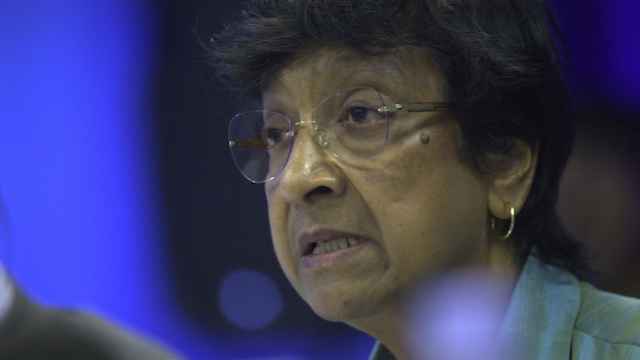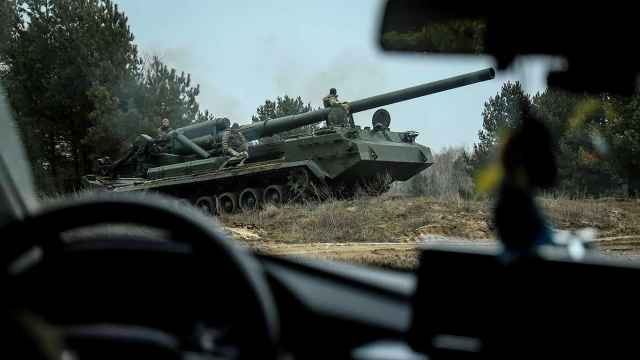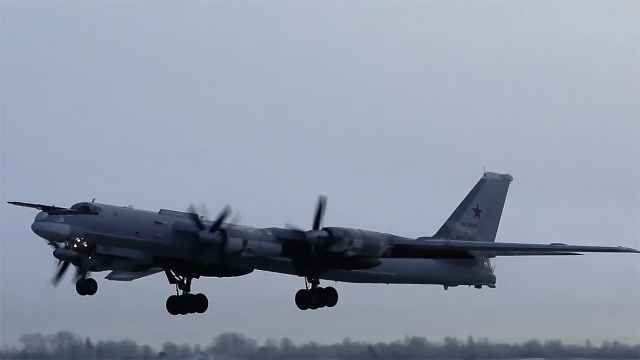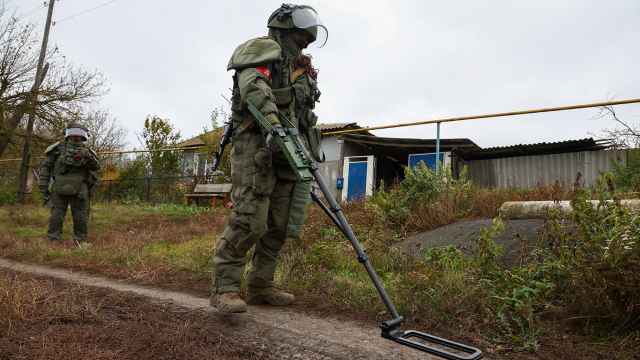Evidence collected by New York-based Human Rights Watch suggests that government forces have used cluster munitions in eastern Ukraine and pro-Russian separatists may also have done so, the rights watchdog said Tuesday.
The spokesmen for the Kiev government's military operation against the uprising in the east denied the accusations. The rebels were not immediately available to comment.
Cluster bombs explode in the air, scattering dozens of smaller bomblets over an area the size of a sports field. Most nations have banned their use under a convention that became international law in 2010, but Ukraine has not signed it.
Human Rights Watch said in a statement that it had carried out a week-long investigation in eastern Ukraine, where more than 3,700 people have been killed in fighting since April, and documented widespread use of cluster munitions.
It said it could not conclusively determine responsibility for many of the attacks but "the evidence points to Ukrainian government forces' responsibility for several cluster munition attacks" this month on Donetsk, the rebels' main stronghold.
"It is shocking to see a weapon that most countries have banned used so extensively in eastern Ukraine," said Mark Hiznay, senior arms researcher at Human Rights Watch. "Ukrainian authorities should make an immediate commitment not to use cluster munitions and join the treaty to ban them."
In 12 incidents documented, cluster munitions killed at least six people and wounded dozens, but the toll could be higher, the watchdog said.
It said it had identified the cluster munitions by their distinctive crater and fragmentation patterns, by remnants found at the impact sites and by remnants of the rockets found in the vicinity.
"We do not use cluster munitions. They can only be used by aviation and our aviation has not flown since the announcement of a cease-fire on Sept. 5," said military spokesman Andriy Lysenko.
Another ATO spokesman, Vladyslav Seleznyov, described the accusations as "utter nonsense."
Human Rights Watch added: "While not conclusive, circumstances indicate that anti-government forces might also have been responsible for the use of cluster munitions."
Russia has denied sending troops or weapons to help the rebels but Human Rights Watch urged Moscow to commit to not using cluster munitions and accede to the cluster munitions treaty.
A Message from The Moscow Times:
Dear readers,
We are facing unprecedented challenges. Russia's Prosecutor General's Office has designated The Moscow Times as an "undesirable" organization, criminalizing our work and putting our staff at risk of prosecution. This follows our earlier unjust labeling as a "foreign agent."
These actions are direct attempts to silence independent journalism in Russia. The authorities claim our work "discredits the decisions of the Russian leadership." We see things differently: we strive to provide accurate, unbiased reporting on Russia.
We, the journalists of The Moscow Times, refuse to be silenced. But to continue our work, we need your help.
Your support, no matter how small, makes a world of difference. If you can, please support us monthly starting from just $2. It's quick to set up, and every contribution makes a significant impact.
By supporting The Moscow Times, you're defending open, independent journalism in the face of repression. Thank you for standing with us.
Remind me later.


